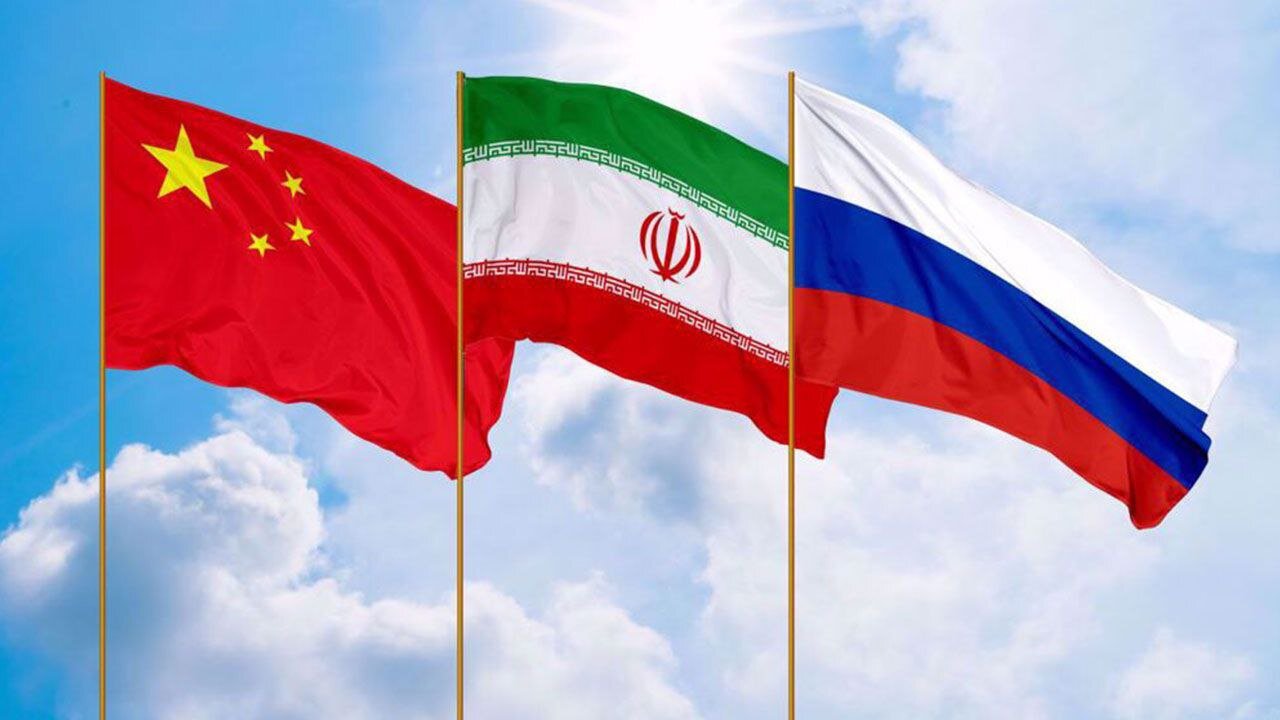Iran, Russia, China hold nano-micro symposium

TEHRAN –Iran in cooperation with China and Russia held an international symposium on nanotechnology and microtechnology science, known as ‘Nano-Micro ICR 2025’, virtually on February 25.
The symposium mainly focused on issues related to nanotechnology and microelectronics, IRNA reported.
The scientific symposium aimed at exploring the latest achievements in the fields of Nano and Microelectronics, as well as fostering cooperation among top universities and institutes in Nano-Micro Science and Technology in Iran, China, and Russia.
Khajeh Nasir (K.N.) Toosi University of Technology, Iran Nanotechnology Innovation Council (INIC), and the Alliance of 5 top Iranian Universities of Technology (UT5) co-organized the event.
It provided a unique opportunity for researchers, university professors, and industrial experts from the three countries of Iran, China, and Russia to exchange knowledge and expertise.
During the event, a wide range of topics was discussed in various fields of nanotechnology, including nanomaterials, nano-biotechnology and nano-medicines, nano-electronics and microelectronics, as well as nanofabrication and nanocharacterization.
Several distinguished scientific figures from the world’s top universities and research institutes participated the event and presented talks.
Professor Guanjun Nie from the Chinese Academy of Sciences presented a talk on emerging Nano-therapeutics based on Membrane Vesicles for Tumor Immune Therapy; Professor Yue-E Miao from Donghua University, had a presentation on the low-tortuosity ion transport mechanism in fibrous composite solid electrolytes.
Professor Hua Li’s lecture was about cost-efficient Ti-V-Sn-Sb chlorine-evolving Nanostructured electrodes deposited by liquid plasma spraying for antibacterial applications.
Professor Igor Kudinov, lectured on Pyrolytic Technologies for the production of hydrogen and carbon nanomaterials of Samara State Technical University. Professor E.Parfenov, from Ufa University of Science and Technology in Russia, delivered a speech on BIOMIMETIC COATINGS for medical implants.
Professor Maisam Jalaly, from Iran University of Science & Technology, had a presentation on Synthesis of Ultra-High Temperature Nanoceramics by Magnesiothermic Combustion.
Professor A.G.Nasibulin, head of the Laboratory of Nanomaterials, Skoltech Faculty,Russia, presented a talk on SWCNT transparent conducting films: towards the theoretical limit.
Iran a global leader in nano-tech
Iran’s achievements in nanotechnology are noteworthy. The increase in scientific publications and sales of nano products proves Iran’s rise as a global leader in this field.
One of the industries that have experienced good growth in Iran in recent years is the nanotechnology industry, a subject area that has brought Iran to the impressive fourth place worldwide.
According to StatNano, a leading nanotechnology website, Iran has made great strides in the field of nanotechnology being ranked fourth in terms of nanotechnology publication.
This ranking proves the country’s remarkable scientific development.
The site considers the number of scientific articles to compare scientific progress in nanoscience, technology, and industry.
Nanotechnology is the manipulation of matter on a near-atomic scale to produce new structures, materials, and devices. The technology promises scientific advancement in many sectors such as medicine, consumer products, energy, materials, and manufacturing. Nanotechnology refers to engineered structures, devices, and systems.
In the past two decades, the world has observed a steady increase in the number of industries producing nano-based products and the number of countries promoting nanotechnology.
More importantly, the ratio of nanotechnology to nominal GDP has increased significantly, suggesting that the contribution of nanotechnology to World GDP has increased. Nanotechnology has also played a key role in the creation of new jobs, Press TV reported.
The nanotechnology sector is a prime example of success in Iran, an arena consisting of expert and program-oriented human resources with significant goals that shine like a jewel in the country’s innovation and technology ecosystem.
With the support of talented academicians and knowledge-based companies, the nanotechnology sector has indigenized many technologies to solve the country’s main challenges in various areas, including industry.
Iranian nanotechnology companies export their products to 49 countries around the world, mainly to Iraq, Turkey, Afghanistan, India, and China.
Over the past few years, the sales value of domestically- manufactured nano-tech products has experienced an increase of more than 100 percent every year, IRIB reported.
MT/MG
Leave a Comment